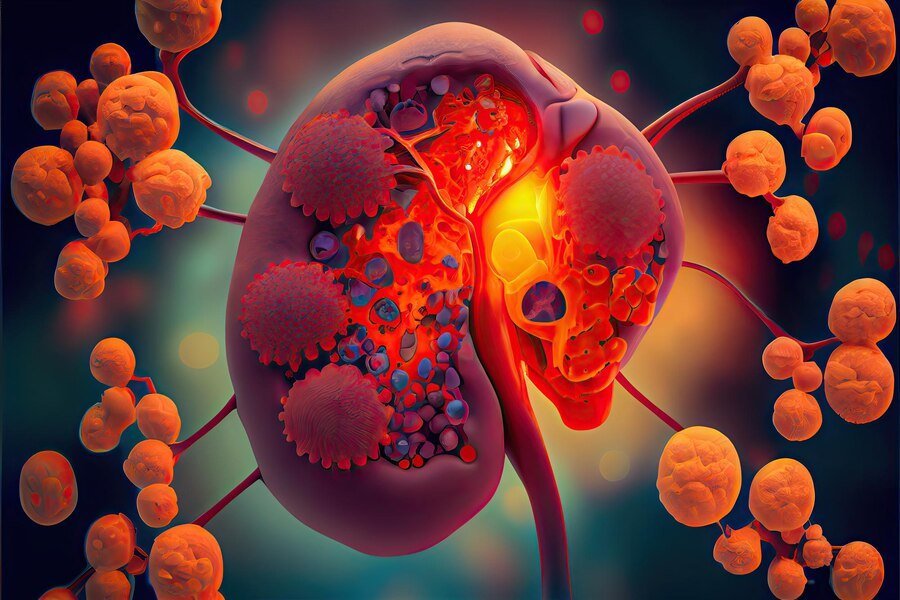Hepatobiliary cancer, encompassing cancers of the liver, bile ducts, and gallbladder, presents a significant challenge in the field of oncology due to its aggressive nature and often late-stage diagnosis. While surgical interventions remain a cornerstone in the treatment of hepatobiliary cancer, chemotherapy, and radiation therapy play vital roles in managing this complex disease. In this article, we delve into the mechanisms, efficacy, and advancements in chemotherapy and radiation therapy for hepatobiliary cancer.
Chemotherapy
Chemotherapy utilizes powerful drugs to target and destroy cancer cells, either by directly killing them or by inhibiting their growth and proliferation. In hepatobiliary cancer, chemotherapy may be administered before surgery to shrink tumors, after surgery to eliminate any remaining cancer cells, or as a primary treatment for advanced stages where surgery is not feasible.
One of the most common chemotherapy regimens for hepatobiliary cancer involves a combination of gemcitabine and cisplatin. Gemcitabine, a nucleoside analog, disrupts DNA synthesis in rapidly dividing cells, while cisplatin induces DNA cross-linking, preventing cancer cells from replicating. This combination has shown promising results in improving overall survival and disease-free survival in patients with advanced biliary tract cancer.
Additionally, newer chemotherapy agents such as oxaliplatin, fluorouracil, and irinotecan are being explored either as single agents or in combination with existing drugs to enhance treatment outcomes and reduce adverse effects.
Radiation Therapy
Radiation therapy utilizes high-energy beams to target and destroy cancer cells while minimizing damage to surrounding healthy tissue. It can be delivered externally using a machine (external beam radiation therapy) or internally through radioactive sources implanted near the tumor (brachytherapy).
In hepatobiliary cancer, radiation therapy is often used in combination with other treatment modalities, such as surgery and chemotherapy, to improve local control of the disease. It may be employed preoperatively to shrink tumors and facilitate surgical resection or postoperatively to reduce the risk of cancer recurrence.
Advanced techniques such as stereotactic body radiation therapy (SBRT) allow for precise delivery of high doses of radiation to the tumor while sparing adjacent organs. SBRT has emerged as an effective treatment option for patients with unresectable hepatobiliary tumors, achieving local tumor control and providing palliative relief from symptoms such as pain and jaundice.
Challenges and Future Directions
Despite the advancements in chemotherapy and radiation therapy for hepatobiliary cancer, challenges persist, including treatment resistance, toxicity, and limited efficacy in advanced disease stages. Researchers are actively investigating novel therapeutic targets, immunotherapy approaches, and personalized treatment strategies to overcome these hurdles and improve patient outcomes.
Furthermore, the integration of multidisciplinary care involving medical oncologists, radiation oncologists, surgical oncologists, and supportive care teams is essential to tailor treatment plans to individual patient needs and optimize therapeutic benefits while minimizing adverse effects.
Conclusion
Chemotherapy and radiation therapy are integral components of the multimodal approach to managing hepatobiliary cancer. Ongoing research and collaborative efforts are essential to refine treatment strategies, enhance treatment efficacy, and ultimately improve the prognosis for patients facing this challenging disease.
